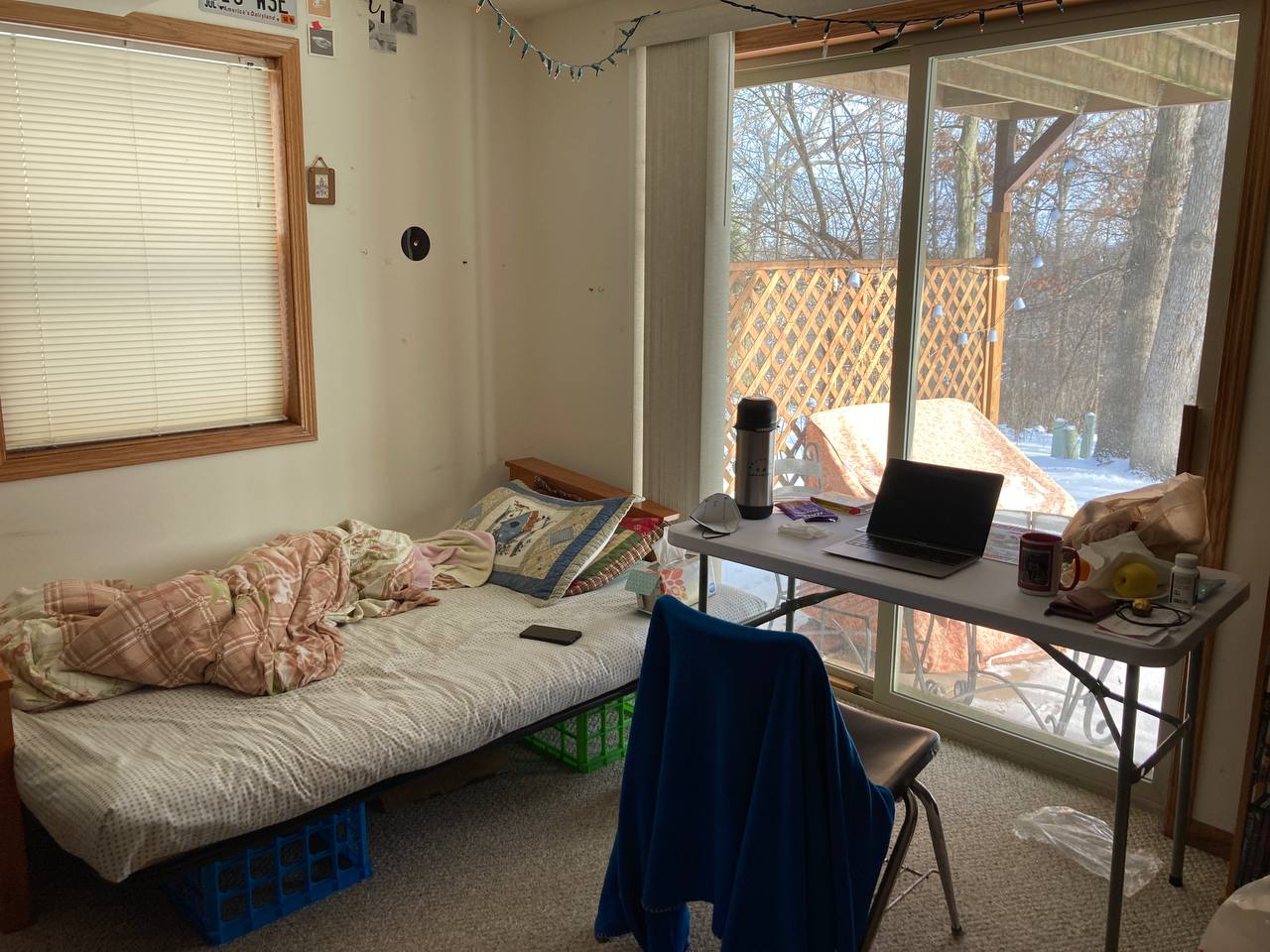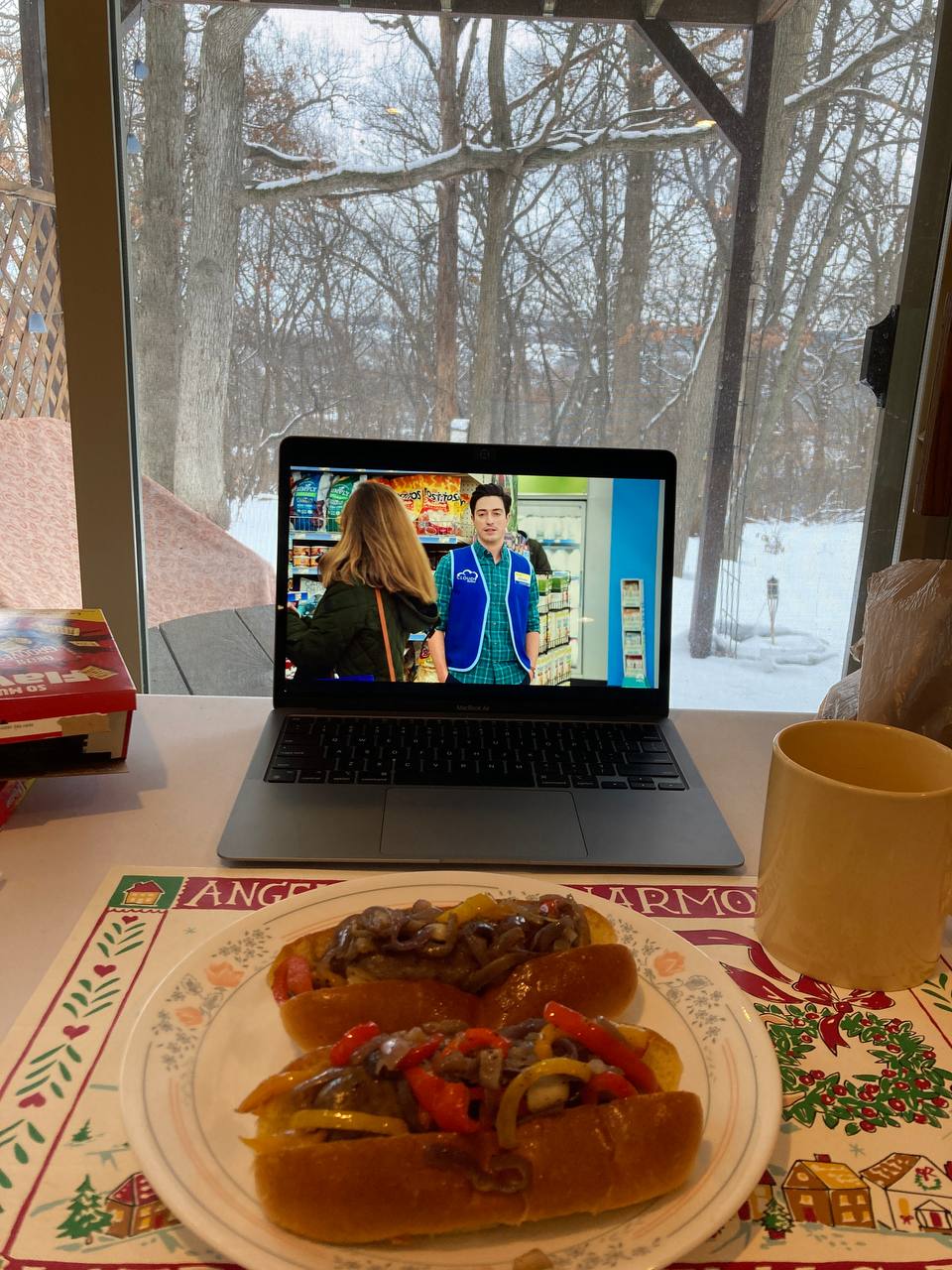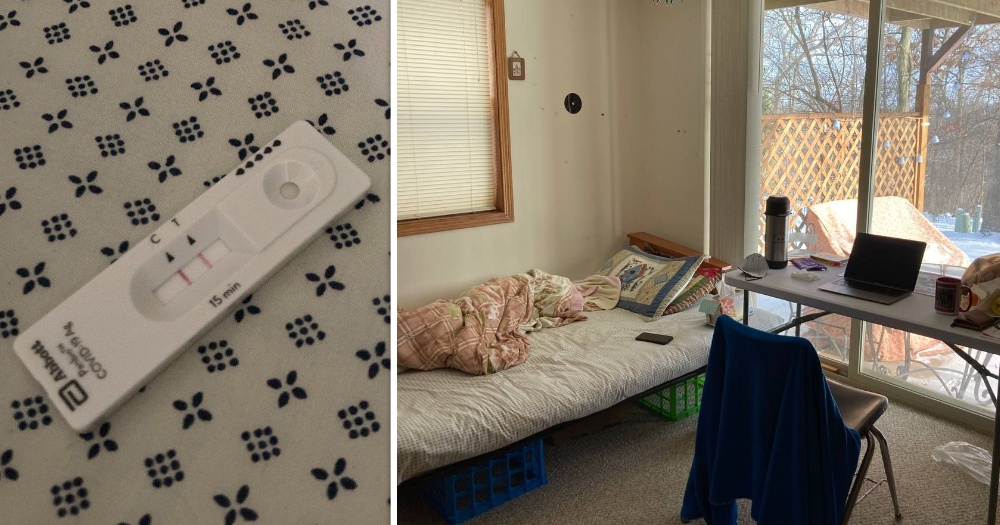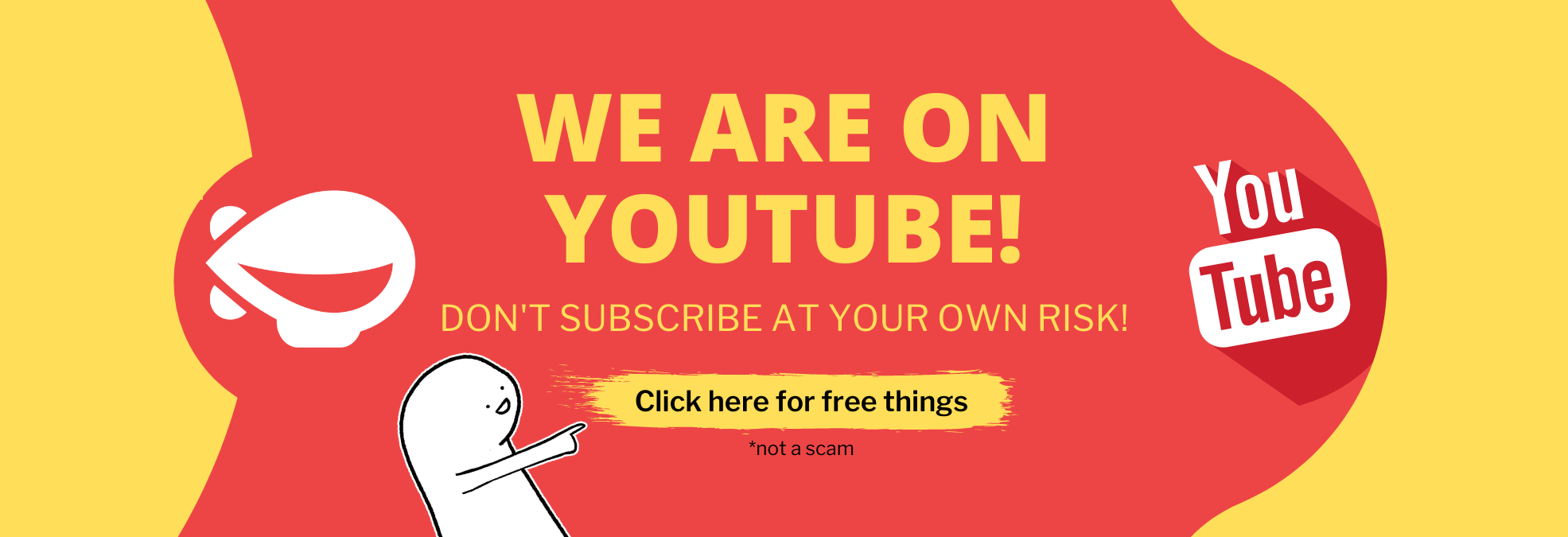Follow us on Telegram for the latest updates: https://t.me/mothershipsg
PERSPECTIVE: Even with quarantine-free Vaccinated Travel Lanes (VTLs), travelling overseas is still a whole new ball game.
Aside from having to do frequent Covid-19 swab tests, there’s also the non-stop planning needed to monitor each country’s border restrictions and safe distancing regulations.
But what happens when the unplanned happens, and you test positive for Covid-19 overseas?
Mothership speaks to three individuals, who take us through the process and share how they dealt with it.
When the Vaccinated Travel Lane (VTL) scheme was first extended to France, Grace (not her real name), 26, and her partner jumped at the opportunity and bought tickets just a day after the announcement.
While both were concerned about the possibility of their trip eventually being cancelled, they agreed to "book first adapt later", in part because Grace's partner was keen to reunite with his family there.
Grace herself was even willing to forfeit the tickets if necessary.
All seemed well – despite the emergence of Omicron, they managed to get on their flight in December as planned, and were soon in Grace's partner's hometown in Southern France.
Then, Grace tested positive for Covid-19, just a few days into her trip.
Taking all the necessary precautions overseas
Grace shared that she and her partner had been following France's social distancing regulations very conservatively.
While different regions had different Covid-19 regulations, the general rule then was that masks were mandatory in public spaces indoors and on public transport, but not mandatory outdoors.
Both Grace and her partner, however, had worn masks all the time, except when dining. They even disinfected their accommodation upon arrival.
In France, Grace said that they observed little to no enforcement officers should an individual flout Covid-19 regulations.
Although Passe Sanitaire (France's Covid-19 health pass) is officially required for entry into certain venues such as cinemas and amusement parks, as well as large department stores and shopping centers, only restaurants appeared to check for proof of vaccination.
Janet (not her real name), 25, who had travelled back to the U.S. to visit family in December, was also surprised when she tested positive:
"It [Testing positive] was super shocking because my boyfriend and I had been quite careful since arriving in the U.S. We tested ourselves regularly, and asked all of our friends who we'd be meeting to test themselves before we hung out. We even made the tough decision to cancel a couple of meet-ups because our friends were close contacts, or were suspected to have Covid.
We always wore masks indoors and in crowded outdoor places, and didn't go to any bars or even movie theatres."
Even with these precautions, Janet subsequently tested positive for Covid-19. She said, "Even until today, I haven't been able to figure out where I could've contracted Covid from, as none of our friends tested positive. My best guess would be that I unluckily got it from a stranger in a restaurant."
Testing positive overseas
Both Grace and Janet first tested positive with Antigen Rapid Test (ART) kits at home.
Grace started self-testing daily after they were told that her partner had been in contact with a family member who contracted Covid-19. She tested positive on her third day of self-testing.
As for Janet, she initially developed a sore throat, but attributed it to a possible cold from hiking in the snow.
However, after she woke up the next day with a fever and body aches, she tested herself and the result came back positive.
Janet subsequently drove to a nearby free ART testing site, followed by a PCR testing site, to confirm the results with official documentation. All of her tests came back positive.
"My first thought was: 'I can't believe I have Covid.' This thought repeatedly ran through my head and out my mouth for the next 48 hours, because I really couldn't believe it."
Grace shared: "I remember going into shock and disbelief, because what are the chances? Then on the second day, it hit me that the trip was essentially cancelled."
"There was a lot of guilt. Because my partner had been in close contact with me, this meant that he couldn't spend time with his parents, who were elderly. It felt like I had messed up the trip even though it's Covid-19 and you can't expect it."
Rearranging travel plans
For Grace, who was visiting as a tourist, testing positive for Covid-19 also meant a complete rearrangement of travel plans.
“We must have reached out to at least 10 different accommodations for the whole trip,” she said.
A leg to Paris had to be cancelled, and new accommodation had to be rebooked as well, as they were not allowed to quarantine in an Airbnb when she was Covid-19 positive.
Grace said: “It was super stressful, and things were changing every two to three hours. We called the insurance company, the Singapore embassy, and a doctor via a local tele-health operator. There were no clear instructions on what to do when you test positive in France.”
In the end, after calling the sole dedicated quarantine facility in the city, they were told by staff that they could book any hotel that would let them quarantine there.
They then booked a hotel room with two bedrooms, so that she could self-isolate while her partner stayed in the other room to care for her. He continued to test negative for Covid-19.
Meanwhile, John (not his real name), 29, who was in the UK to visit friends, shared that for him, the additional cost of booking new accommodation tacked on S$1,557 to the total cost of his trip.
John had extended his stay in the UK as the country's isolation requirements called for individuals with mild or no symptoms to self-isolate for 10-days upon testing positive.
“I moved out of my friend’s apartment immediately after testing positive, as isolating in a separate room was not an option. I found a decent boutique hotel at £846 (about S$1,557) for 14 nights.”
Quarantining with family
For Janet, who had family in the U.S., things were lot smoother.
She was able to quarantine at the basement of her family's home instead.
 Janet had her own bathroom and bed, and did not need to share her space with anyone else. Photo courtesy of Janet.
Janet had her own bathroom and bed, and did not need to share her space with anyone else. Photo courtesy of Janet.
 "Room service" for Janet, prepared by Janet's mum. Photo courtesy of Janet.
"Room service" for Janet, prepared by Janet's mum. Photo courtesy of Janet.
She shared of her isolation experience: "I've just been spending a ton of time watching TikToks, playing a super pointless but addictive game on my laptop, and working on graduate school applications. I feel like I have sooooo much time because a) I'm trapped in one space and unable to leave it and b) I'm unable to help with any of the responsibilities I would normally do at home."
"I've also been periodically video-calling my family and boyfriend even though we're in the same house, because it's easier than yelling up the stairs all the time. On New Year's Eve, I stood at the entrance of the basement as they all stood far away from me in the kitchen with their masks on, so we could all ring in the New Year together."
Rescheduling of flights
The complications of testing positive for Covid-19 mainly came in for Janet when it came to rescheduling a flight back to Singapore.
Singapore's current policy is that travellers can only enter the country 14 days after receiving their first positive Covid-19 diagnosis. Thus, Janet shared that her plans to return here were initially "up in the air" for several days.
She and her boyfriend only proceeded with rearranging their flight back to Singapore after her boyfriend had also tested positive for Covid-19, as they felt that there was a good chance he would also be infected.
It was just a matter of when, and for how long their trip would need to be extended.
As both are work pass holders, Janet added that admin work was particularly complicated, as they both needed to re-apply for approval to enter Singapore.
John, who is Singaporean, shared that it had been difficult to even get a flight back to Singapore from the UK:
"I tried to change my flight on the portal but couldn’t change it to a VTL flight, as the Singapore government had suspended sales of VTL flights, and my new departure date falls within this suspension window."
Eventually, he had resorted to calling the Singapore Airlines's UK hotline for help:
"The customer service representative was very kind, and helped to reschedule my flight to a VTL one on my new departure date. It took 45 mins in total to resolve my flight issue."
Travelling in the future?
You might wonder, has the hassle of testing positive for Covid-19 put off these travellers from travelling again in the future?
For John and Grace, it's a no.
John shared: "Upon recovery, I should be ‘super immune’ and the risk of contracting Covid-19 again should be reduced. I think there are just too many restrictions in Singapore, and I will be desperate soon to get a taste of how normal life feels like."
Grace agreed, but added a caveat:
"I've learnt that to travel in Covid-19 times is to expect the unexpected. To others who might want to travel, I'd say to plan for plenty of buffer time for contracting Covid-19, and to get as much information as possible.
Grace had found it difficult to get the information she needed to work out the correct protocol to follow, especially in a foreign language.
"So reaching out to doctors and embassies, and following your own conscience and doing what you think is right is very important, especially in a country that might care less about ppl who test positive."
Janet, however, had a differing opinion, and shared that she would probably not "travel just for the sake of travelling anytime soon".
"I 100 per cent do not regret the trip, as it has been almost 2.5 years since I saw my family. But I feel that travelling to a new place just for fun would be too stressful in these circumstances, as I would constantly have to decide between doing all the fun holiday things and potentially contracting Covid-19, or minimising contact with others, but then essentially 'wasting' the trip."
Top images via Janet
If you like what you read, follow us on Facebook, Instagram, Twitter and Telegram to get the latest updates.

